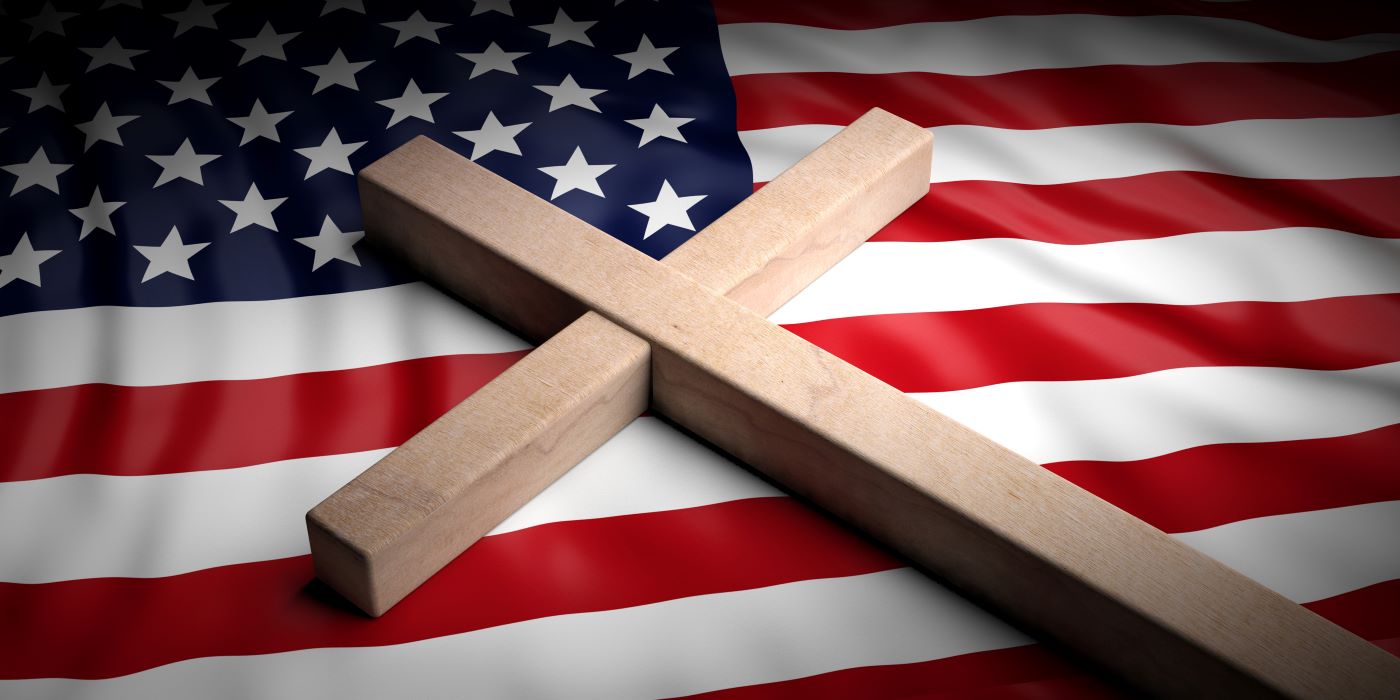Faith, Legislation, and Society: When Beliefs Clash with Legal Boundaries

Bridging Divides: Collaboration Between Government and Religion for Social Progress
In an increasingly complex and polarized world, the potential partnership between government and religious institutions offers a powerful pathway to addressing societal challenges and promoting the common good. Rather than viewing these two spheres as inherently conflicting, we can explore constructive ways they can collaborate while respecting fundamental principles of separation and individual freedom.
The key lies in recognizing shared values and complementary strengths. Religious organizations often possess deep community connections, grassroots networks, and a genuine commitment to social welfare. Governments, meanwhile, have structural resources, policy-making capabilities, and broader systemic reach. When these entities align their efforts thoughtfully, they can create meaningful, sustainable social impact.
Practical collaboration could manifest in several critical areas:
1. Social Services: Religious groups can partner with government agencies to deliver humanitarian aid, support vulnerable populations, and implement community development programs.
2. Ethical Policy Development: Religious leaders can provide moral perspectives and ethical insights during policy discussions, helping create more holistic and compassionate legislative approaches.
3. Conflict Resolution: Interfaith and government dialogues can promote understanding, reduce tensions, and develop strategies for peaceful coexistence.
4. Education and Civic Engagement: Joint initiatives can foster mutual respect, critical thinking, and active citizenship among diverse populations.
Crucially, such collaboration must be grounded in mutual respect, transparency, and a commitment to protecting individual religious freedoms and secular governance principles. The goal is not religious dominance but constructive dialogue and shared commitment to human dignity and societal well-being.
By embracing nuanced, respectful cooperation, government and religious institutions can transcend traditional boundaries, creating innovative solutions to complex social challenges and nurturing a more inclusive, compassionate society.

